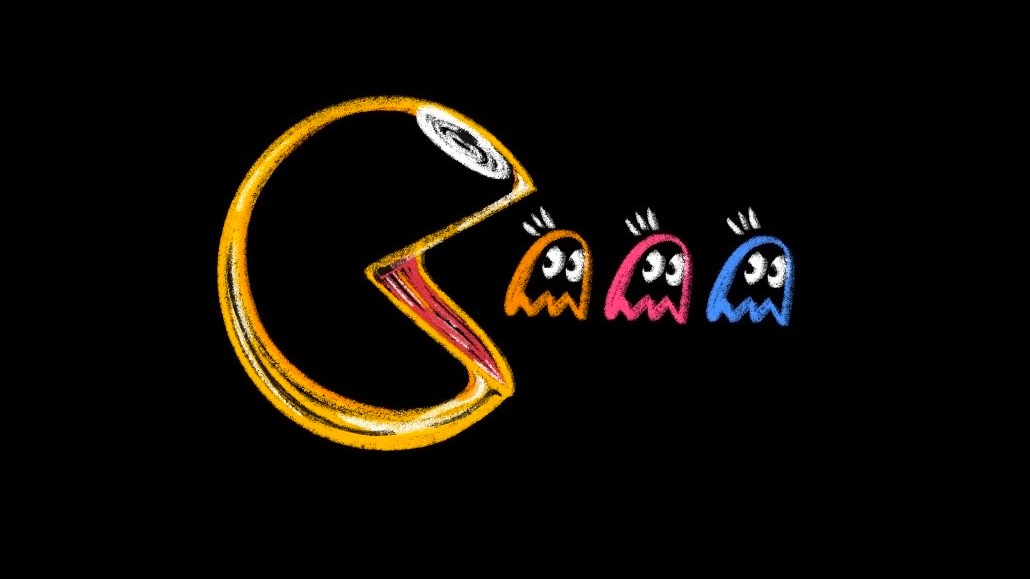Secure your place at the Digiday Media Buying Summit in Nashville, March 2-4
FaZe Clan’s $75 million product licensing business could represent the future of esports

After a difficult year in 2023, FaZe Clan is looking to re-enter the esports limelight — and it’s using its lucrative brand licensing business to accomplish the task.
GameSquare’s acquisition of FaZe Clan, reported by Digiday last October, went through last month. The storied esports organization is now part of GameSquare’s broader portfolio, which also includes gaming and esports companies such as Ninja Labs and Stream Hatchet. Since then, FaZe Clan’s social channels have gone relatively dark, but the esports org is looking to officially relaunch as soon as this week, backed by GameSquare’s sales and marketing arms.
“We’re getting a lot of content banked; we don’t want to just go live and be the same old FaZe,” said GameSquare CEO Justin Kenna. “So yeah, the team are in there and working. We have a centralized group sales meeting where the teams are sharing and cross-selling and upselling.”
As FaZe looks to escape the difficulties it experienced in the public market, its greatest strength might be a business unit that was already in action well before the acquisition: FaZe Clan’s product licensing business. By cutting deals with consumer goods companies such as Nike, Totino’s and Zuru to manufacture and distribute FaZe-branded shoes, food and foam dart blasters, FaZe Clan drove $75 million in product sales over the past two years, according to numbers provided by the company, with roughly $7 million of that revenue going into royalties for FaZe.
“It varies from deal to deal. I’m not going to call out anything specifically, but what we do with Ghost is different than what we do with Nike and different than what we do with Zuru and SteelSeries,” said FaZe Clan svp of partnerships and business development Adam Bauer, who confirmed that FaZe gets a roughly 10 percent cut of its product licensing revenues on average. “Zuru, we’ve been partnered for three years. We plan to continue that partnership for years to come. Not only from a sales volume perspective have we well exceeded the targets that we had, but Zuru, during this time, has gained a dramatic market share against Nerf.”
FaZe Clan’s product licensing deals are separate from its merchandise business, which currently offers two team-branded jerseys for sale. After FaZe’s merchandise partnership with the e-commerce partnership NTWRK ended last year, FaZe management decided to bring the merch business entirely in-house.
“I think it makes sense, simply because of the scale of what they’re doing,” said Jason Chung, director of esports and gaming at New York University. “If you’re going to license out your brand for merchandising, you’ve got to be a professional sports franchise for it to matter. At the same time, if you put it all under the auspices of your own organization, you can scale up and down more appropriately, and you get more of the revenue.”
A model for the future
As esports companies work to become less dependent on sponsorship revenue, the success of FaZe Clan’s product licensing business could represent a middle ground between the esports industry’s brand partnership model and the more recent push by some esports organizations, such as 100 Thieves, to spin up their own consumer product businesses in categories such as energy drinks entirely in-house.
“I think the brand licensing route is absolutely a viable alternative towards owning and operating your own sub-brands,” said John DeHart, the director of business development for the gaming company Allstar, who previously served as a marketing and strategy director for the esports org eUnited. “FaZe has seen great success with the model, but I fear that there are only so few teams with the brand power to execute licensing.”
There’s also the ever-present risk that consumers could become burnt out on esports brand licensing. Ghost Energy’s FaZe Pop flavor is now available in 60 percent of U.S. grocery stores, according to Bauer — but there are only so many times one can walk past a consumer product emblazoned with an esports team’s logo before it ceases to be a novelty. To some extent, the continued growth of FaZe’s product licensing business relies on the company’s ability to walk this line.
“There’s no doubt that licensing a brand name to too many products risks fatiguing customers and diluting its reputation,” said Barthélémy Kiss, CEO of the gaming content creation platform Powder. “That being said, that’s not a reason for esports teams not to pursue this further, but instead means teams should just really think about which third parties they license their brand name to, and how they manage these partnerships.”
As FaZe Clan is absorbed deeper into the GameSquare fold, Kenna and other company leaders are confident that being part of GameSquare’s broader portfolio will help push FaZe’s licensing business to new heights, including propelling the brand into international markets such as Eastern Europe and the Middle East.
“By making the right talent moves, by putting out the right content, by having a clear strategy, really engaging fans, the licensing opportunities will be more and more, and we can be really particular with who we take on,” Kenna said. “For me, I think it’s really about leveraging the GameSquare ecosystem to amplify and enhance that global reach, taking this from just a North American opportunity to a global revenue opportunity.”
More in Marketing

Future of Marketing Briefing: AI’s branding problem is why marketers keep it off the label
The reputational downside is clearer than the branding upside, which makes discretion the safer strategy.

While holdcos build ‘death stars of content,’ indie creative agencies take alternative routes
Indie agencies and the holding company sector were once bound together. The Super Bowl and WPP’s latest remodeling plans show they’re heading in different directions.

How Boll & Branch leverages AI for operational and creative tasks
Boll & Branch first and foremost uses AI to manage workflows across teams.








